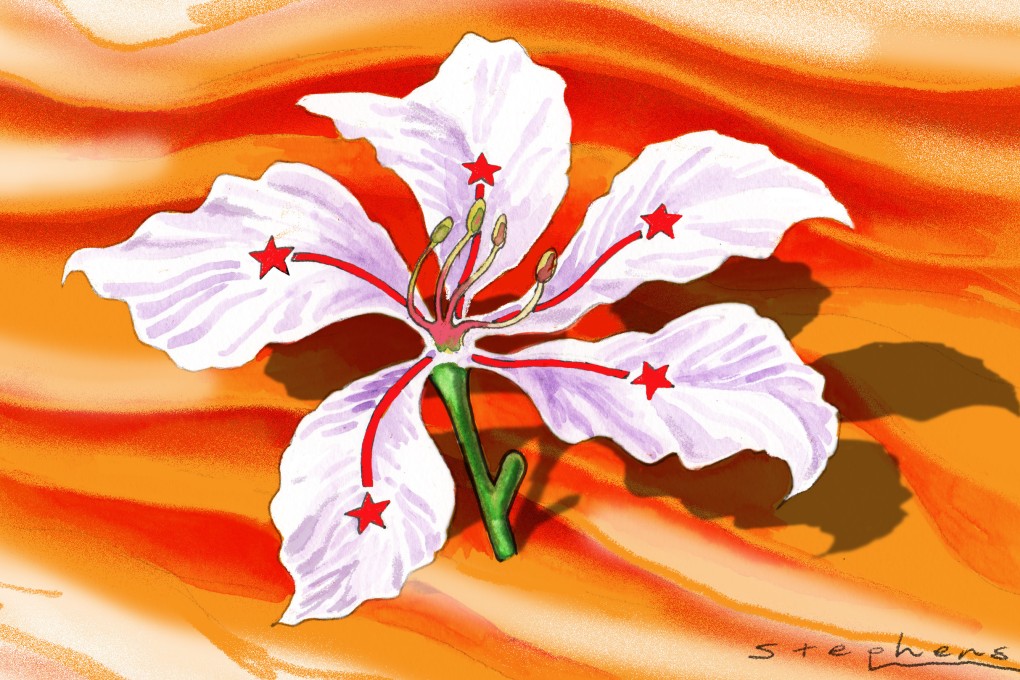Advertisement
Opinion | How Hong Kong can find its role as China and the Middle East draw closer
- Hong Kong can help smooth out the obstacles as China seeks to be a strong player in the Middle East and North Africa, a region becoming a new engine of growth
- Hong Kong should strive to become a trusted platform for investments between the mainland and the Arab world
Reading Time:4 minutes
Why you can trust SCMP
0

President Xi Jinping’s visit to Saudi Arabia last December, when he attended the first China-Arab States Summit, reshaped Arab-Sino relations. But is this foundation solid enough to hold the aspirations of both sides and what are the obstacles to overcome?
Both sides want to upgrade bilateral relations for different reasons. The Arabs are dealing with the United States moving out of the region, creating a vacuum that other powers – in particular regional ones – are trying to fill. The Arab people are stepping up to take their destiny into their own hands.
China, meanwhile, faced with the reality that its honeymoon with the Western world is over, needs to ensure that its role as the world’s leading developing country is stable. It cannot afford to have anti-China sentiments develop in traditionally China-friendly regions.
Arab countries are good old friends to China, but despite this friendly heritage, the relationship is a long way from its full potential.
In past decades, both sides have been focused elsewhere, but new global geostrategic developments are a catalysing force, pushing them to forge a closer relationship with each other. Like two old friends rediscovering each other, close attention will be required for this bond to succeed.
It is true the Arabs seek to engage strategically with Beijing, but Beijing should not mistake this interest as the Middle East choosing their side in the US-China confrontation. The Arabs’ decision to collaborate with Beijing now reveals an element of anger towards Washington and its policies towards their region. Beijing should take advantage of this window of opportunity to build strong roots in the region, and from more than just an energy viewpoint.
Advertisement
